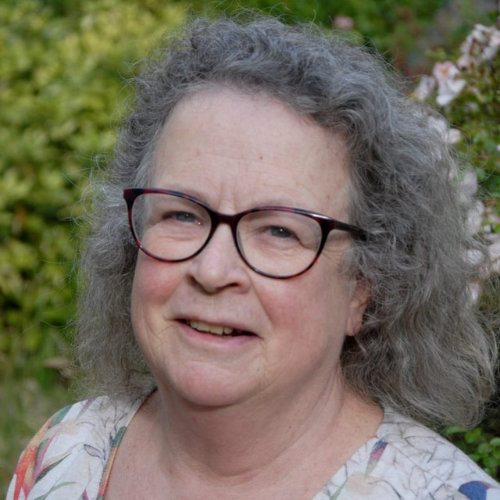
Frances Edwards
Dr Frances Edwards graduated in Pharmacology at the University of Sydney, Australia and received her PhD whilst working at the Max-Planck Institute in Germany under the Nobel Prize winner, Prof. Bert Sakmann.
After staying on as a postdoctoral fellow in Sakmann's lab, in 1990 she joined David Colquhoun’s group in Pharmacology at UCL as a Wellcome European Fellow.
She returned to Australia in 1992 and was awarded a Queen Elizabeth II Research Fellowship at the University of Sydney from 1993 until 1996.
In 1996 she joined the Department of Physiology at UCL where she has since worked; the department now being Neuroscience, Physiology and Pharmacology. Until 2010 the focus of the Edwards lab was mechanisms of fast synaptic transmission and the role of dendritic spines in plasticity using electrophysiology and confocal imaging.
In 2010 the research direction largely shifted to research on Alzheimer's disease, studying several transgenic mouse models of human mutations in the amyloid pathway or microtubule-associated protein tau. Recently improved knock in models have been developed and these are now the focus of the lab.
The approaches have expanded to include a range of molecular biology and immunohistochemical techniques and genetics (in collaboration with John Hardy). Other collaborators include the neurochemist Jorg Hanrieder Gothenburg, Sweden and his group.
Along with synaptic changes the lab is now interested in the role of the immune system in Alzheimer and the interface between amyloid plaques and neurofibrillary tangles as well as developing improved mouse models to address these questions more effectively.
Most recently the group has succeeded in developing the first mouse model to develop Tau tangles as a result of rising amyloid beta without mutations in or overexpression of Tau. This thus represents the first mouse that shows the full disease progression.
)